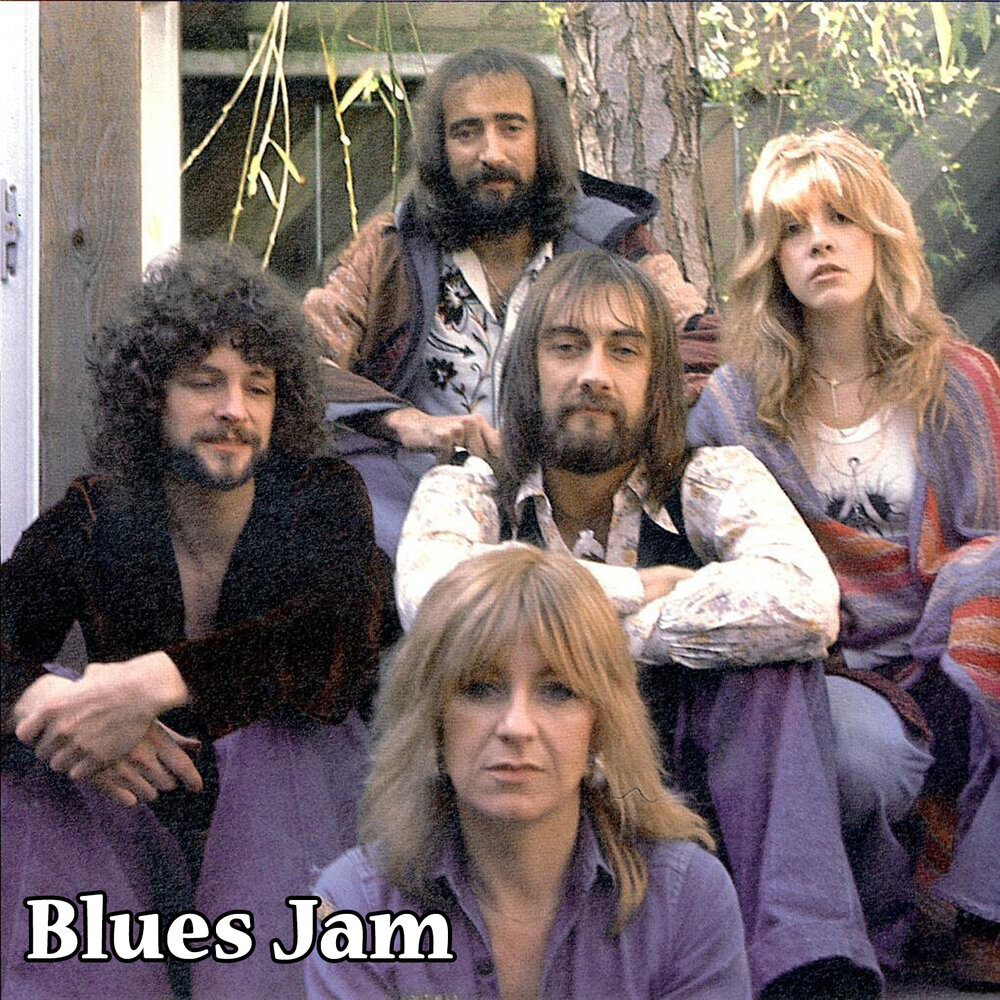
A Journey Through Time and Self-Reflection
When Fleetwood Mac released “Gypsy” in 1982, it was more than just another single from their album Mirage; it was a heartfelt homage to memories of youth, freedom, and the ceaseless passage of time. As the song made its debut, it quickly found its way onto the Billboard Hot 100 chart, eventually peaking at number 12. Yet, its impact transcends mere numbers, resonating deeply with listeners who find themselves reflecting on their own life’s journey.
At its core, “Gypsy” is a narrative woven from the threads of Stevie Nicks’ past. The song serves as a poignant reminder of her early days before fame and fortune, a period marked by simplicity and unadulterated dreams. Before she became one of the most iconic voices in rock music, Nicks lived a bohemian lifestyle, surrounded by the eclectic spirit of the late 1960s and early ’70s. Her lyrics evoke a sense of nostalgia for those formative years when life was less complicated but filled with endless possibilities.
The genesis of “Gypsy” can be traced back to Stevie Nicks’ memories of living in San Francisco with her then-boyfriend and musical partner Lindsey Buckingham. They shared a small apartment, where dreams were big but means were modest. Nicks recalls sleeping on a mattress on the floor, envisioning the future that lay ahead—a future that would indeed hold remarkable success but also its fair share of trials. This imagery is vividly captured in the line “So I’m back to the velvet underground / Back to the floor that I love,” conjuring a sense of longing for those simpler times.
The song’s ethereal quality is enhanced by Fleetwood Mac’s signature sound—a blend of haunting harmonies, intricate guitar work, and rhythmic fluidity. It’s a soundscape that invites listeners to drift into their own reverie, recalling moments of youth and dreams both fulfilled and deferred. For many older listeners, “Gypsy” becomes a personal anthem, echoing their own reflections on life’s winding path.
As we delve deeper into the song’s meaning, it becomes clear that “Gypsy” is not merely about wistful reminiscence. It speaks to the universal experience of change and the inevitable march of time. The gypsy metaphor embodies a spirit that is unanchored and ever-moving, much like life itself. It captures both the yearning for past freedoms and the acceptance that life is an unending journey.
Stevie Nicks herself has described “Gypsy” as one of her most personal songs. During live performances, she often introduces it with anecdotes from her past, adding layers of depth to an already rich narrative. The song stands as a testament to her ability to translate personal experiences into universal themes that resonate across generations.
For those who lived through the era when Fleetwood Mac was at its zenith, “Gypsy” may conjure images of youthful rebellion and discovery. The evocative lyrics transport them back to moments that defined their early years—times when music was not just a backdrop but a driving force in shaping their identities.
In today’s fast-paced world, where change is often viewed with apprehension rather than acceptance, “Gypsy” offers a gentle reminder: Embrace your journey with all its twists and turns. Look back fondly on where you’ve been but keep moving forward with hope and resilience.
In conclusion, Fleetwood Mac’s “Gypsy” remains an enduring piece of musical artistry—a melodic bridge connecting past memories with present realities. It speaks to anyone who has ever paused to reflect on their life’s path or wondered what lies around the next bend. With its haunting melody and introspective lyrics, “Gypsy” continues to captivate hearts, inviting each listener to become part of its timeless story.
